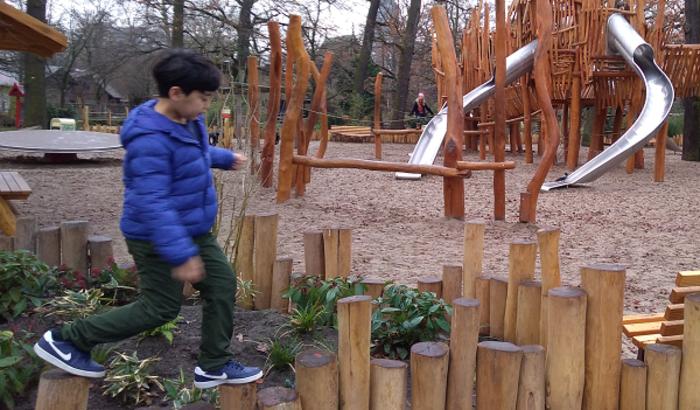Osaka, Japan — Observers of Japanese early childhood education and care have pointed to the mindset of educators watching over and waiting on preschoolers as being an intriguing tendency. This mimamoru approach has its roots in a premodern concept of nature, according to Professor Yosuke Hirota at the Graduate School of Literature and Human Sciences of Osaka Metropolitan University.

Credit: Osaka Metropolitan University
Osaka, Japan — Observers of Japanese early childhood education and care have pointed to the mindset of educators watching over and waiting on preschoolers as being an intriguing tendency. This mimamoru approach has its roots in a premodern concept of nature, according to Professor Yosuke Hirota at the Graduate School of Literature and Human Sciences of Osaka Metropolitan University.
Professor Hirota looked into the works of Sozo Kurahashi (1882-1955) and Kitaro Nishida (1870-1945) to see how this concept of nature from the past made its way into education in the present day. Kurahashi’s writing on education influenced early childhood education and care in Japan, while Nishida was one of the prominent philosophers of Kurahashi’s time.
It is well known in classical literary studies that the concept of nature in Japan had two meanings: voluntary, “from the self,” and spontaneous, “beyond the self.” What Professor Hirota found is that this concept has been carried over into modern education in Japan.
“Japanese educational philosophy has maintained a balance between acting by one’s will and entrusting oneself to something beyond its will,” stated Professor Hirota.
Kurahashi developed a theory of guidance (yūdō), likened to guiding the course of a river as it continues its inevitable flow. Professor Hirota said the achievement of his paper has been to find that this theory of guidance has its roots in Japan’s traditional concept of nature.
The paper was published in History of Education.
###
About OMU
Established in Osaka as one of the largest public universities in Japan, Osaka Metropolitan University is committed to shaping the future of society through “Convergence of Knowledge” and the promotion of world-class research. For more research news, visit and follow us on social media: X, Facebook, Instagram, LinkedIn.
Journal
History of Education
Method of Research
Literature review
Subject of Research
Not applicable
Article Title
The Concept of Nature Underlying Early Childhood Education and Care from Pre-Modern to Contemporary Japan, via Sozo Kurahashi and Kitaro Nishida
Article Publication Date
14-Mar-2024
COI Statement
No potential conflict of interest was reported by the author.



